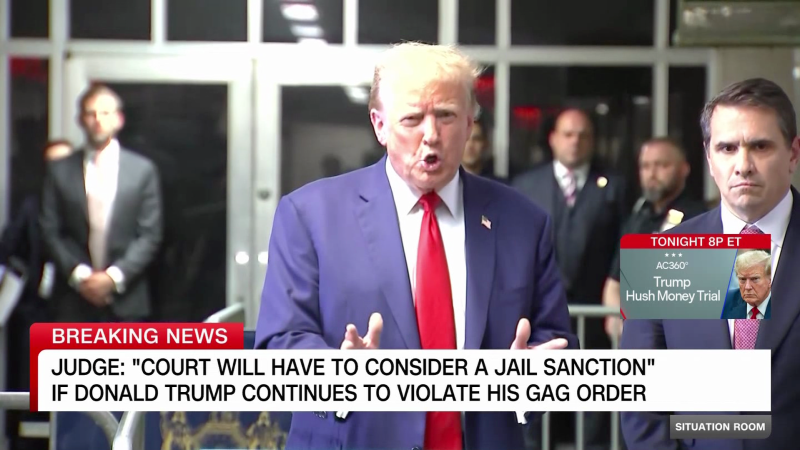So it’s useful to ponder why the intuitive answer for, say, an Iowa Republican might be very different from the natural answer in New York or Boston or Washington, D.C. Consider some recent analysis by the politics and religion writer Ryan Burge, who tried to parse whether there was any kind of “Trump effect” in religious practice after 2016. Specifically, he looked at the share of Americans who never attend church in the six years since Trump’s election compared with that share during Barack Obama’s final six years as president.
Overall, the rate of church nonattendance has been climbing for some time, so one would expect some increase independent of political conditions. But Burge finds that among Republicans, the pace of disaffiliation didn’t change much between the Obama and Trump presidencies. Among Democrats, however, there were sudden increases in how fast nonattendance rose: at a 16 percent clip, up from 3 percent in the Obama years, among Democrats born in the late 1970s, and at a 14 percent clip, up from 2 percent pre-Trump, among those born in the late 1940s, to pick just two examples.
This implies that if you were a churchgoer in a mostly Republican area or congregation, you probably didn’t notice any significant change between the Trump era and the previous period. So the Never Trump insistence that a vote for Trump was culturally costly, that it was driving people away from Christianity, wouldn’t match your lived experience. Whereas if you were a Christian in a more liberal-leaning area, you might be more likely to have seen something like a Trump effect.
That divergent experience maps, to some extent, onto debates between pro- and anti-Trump Christian commentators. The most anti-Trump voices have often been figures invested in making Christian inroads within the professional classes or the liberal intelligentsia, or at least sustaining a Christian presence therein. The most pro-Trump voices have often been self-conscious outsiders to those spaces, operating within environments that are more consistently conservative.
So it’s not surprising that across Trump’s presidency and since, the first group would have had their fears about him confirmed and their hostility to him entrenched — because they were experiencing directly, in their social networks and their churches, some of the alienation and falling-away that followed his election. Whereas the second group, operating in a different context, would feel like the prophecies of doom had been wildly exaggerated, because they weren’t seeing the same crises.







More News
Gaza Isn’t Root of Biden’s Struggles With Young Voters, Polls Show
U.S. Army Soldier Is Detained in Russia
Inside the White House Scramble to Broker a Deal in Gaza